European Youth Conference - Malta, March 2017
European Youth Conference - Malta, March 2017
Back in February this year, I was lucky enough to be selected to represent ECYC at the EU Youth Conference taking place in Malta a few weeks later. My mandate was to contribute to the creation of an 'implementation tool box' for one of the two recommendations on youth work that ECYC advocated for and helped drafting at the last EU Youth Conference. The recommendation focused on supporting and promoting a range of virtual and physical spaces dedicated to quality youth work. That included three main concerns: funding, the professional skills of youth workers and the importance of youth work as a method. The workshop focusing on this recommendation had been conceived in a very creative way: as a bus ride, in which we as participants were all bus drivers and the goal was to finish our journey and present our results.
Our bus ride started in the introduction. The facilitators introduced us to the recommendation, the methodology, and a timetable. Then, we started off with a study visit to a youth café nearby. Unfortunately, the youth café shared its facilities with others during day time, so we were not able to go inside, but the outside was nice, and we ended up in a volunteer centre instead. We listened to the youth workers telling us about the youth café, and more general information about youth work in Malta. One of the most exciting things for me was that in Malta they have higher education for youth workers, and it is a supported profession. This session underlined the fact that youth work demands physical spaces in order to actually reach all young people. When it comes to virtual spaces, this session did not really work properly. I have a feeling that we all had different definitions of virtual youth work, and so the discussions seemed more or less pointless. Had I noticed sooner, I would have suggested agreeing on the term.
After the study visit, our brainstorming sessions started. First of all, we were to pin down best practises as examples on how this recommendation already is being met in different countries. I shared an example from my hometown in Norway, telling the story of young people bringing their youth club to the local town square. They set up a couch and some equipment in the middle of the square to show their town what a youth club really is, stressing the need for physical spaces. Others shared examples of mobile youth work. Two of the ideas I brought to the table were: higher education for youth workers and some kind of a tool to ensure easier connection between national youth work umbrellas and INGOs in order to support European youth work networks. The latter was chosen for my group to actually work out more thoroughly. We spent some time on actually pinning down the details of this idea, and after presenting it to our group, people were pleased. This action plan made it through, and shall stand as an implementation tool. When the implementation toolbox will be made public, you will be able to see the exact phrasing. Other great ideas also came through, like creating a first aid kit for mental health, an online figure you can ask everything, as well as support for mobile youth work in order to reach more rural youth across Europe.
I had fun working with the implementation plans for this recommendation as I could be creative and tried to think outside the box. As the recommendation was already defined, I could focus on giving it some more concrete content, which can make the resolution easier to understand. I hope that national governments and EU institutions will take this recommendation seriously and that we will soon see signs of its implementation.
Oda Pernille Hoff
ECYC representative at the EU Youth Conference in Malta

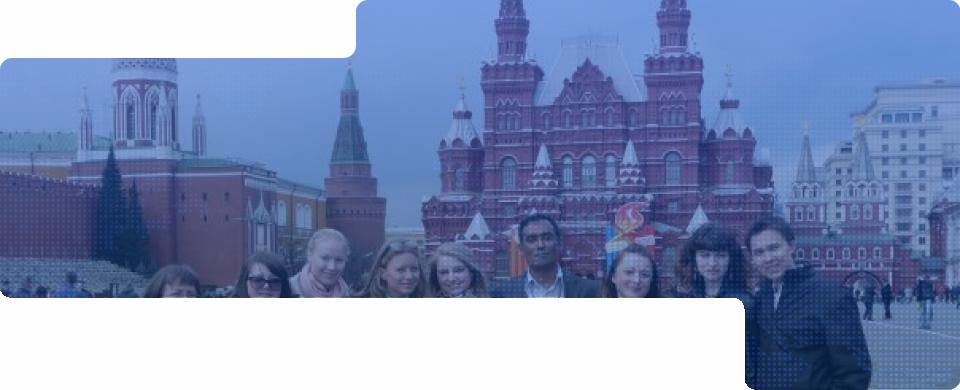
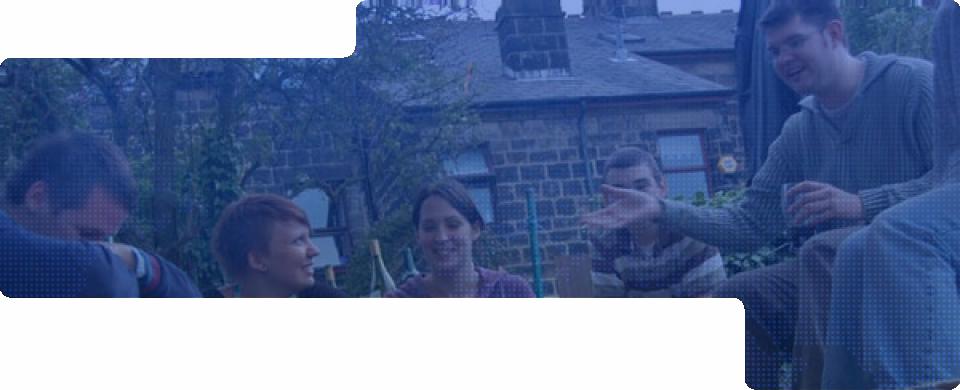
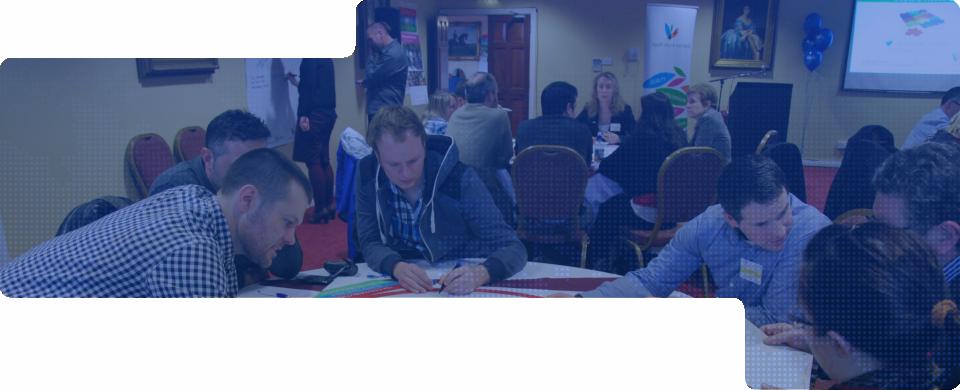
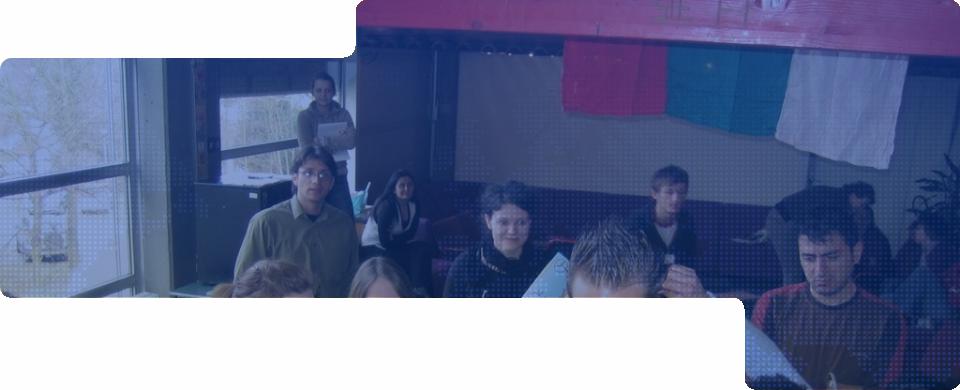
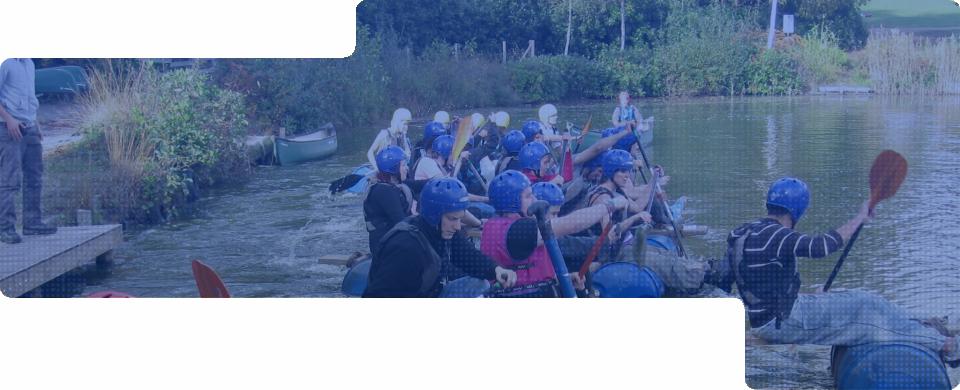
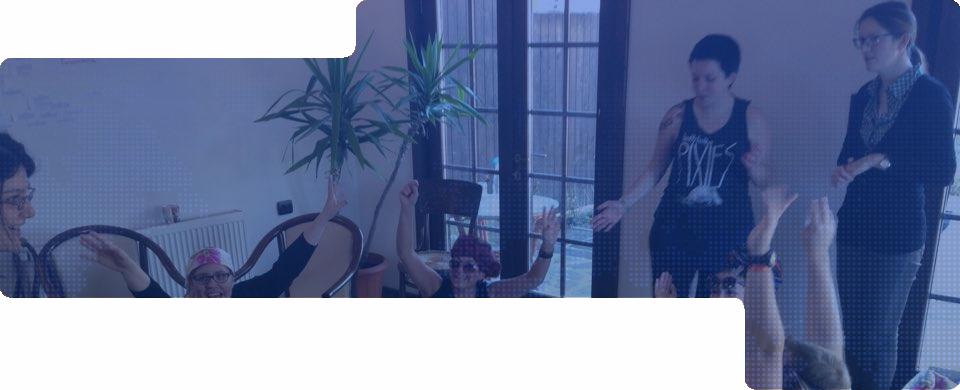
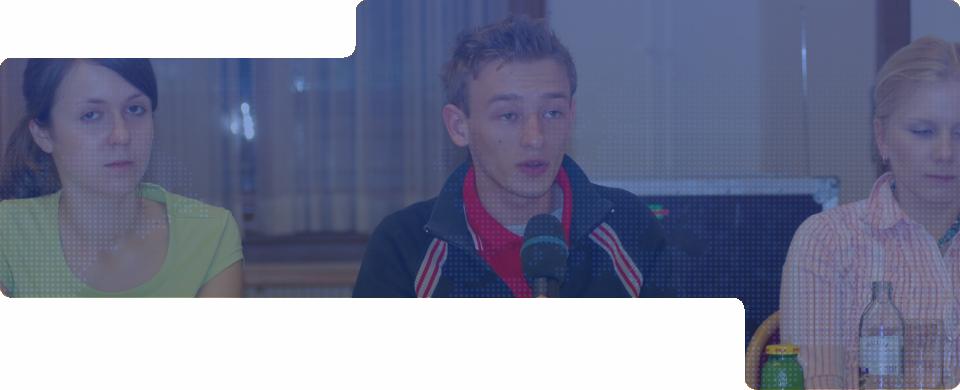
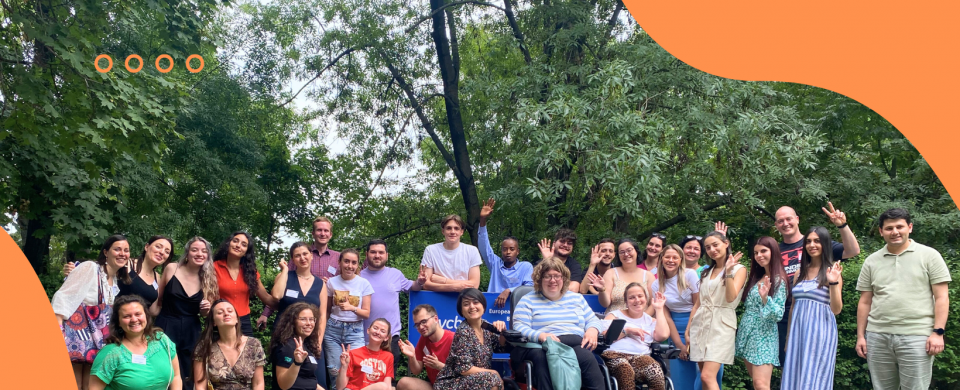

Add new comment